On the morning when I arrived in Sofia, there was a crowd at the exit of the airport with flowers and cameras to meet a lady and her family. The lady put on her silver medal from the Tokyo Olympic Game, and the crowd couldn’t be more proud and pleased. Her name is Antoaneta Kostadinova, who won the first Olympic medal for Bulgaria this year in the 10 m. air pistol event. I was happy to see her, although from a distance, in person.
My family is still traveling in nearby countries, and I want to wait for them to tour the major attractions in town together. Sofia is very walkable. Within 20 minutes’ walk from where I stay, I came upon these grand landmarks in whichever direction I turned, and they always made me marvel. We will explore the inside of them later.
Sofia has taken great care to preserve its history and legacy. The archeological sites are blended into people’s daily lives. There are several sites in town to supply the drinkable mineral thermal spring water that is totally free for the take and flows unceasingly: the locals will collect it by bottles, and the travelers will use it to refresh. It is warm, which will be more appreciated in the colder seasons, and it does not have too strong a sulfur flavor at all.
In Bulgarian, Romanian, Moldavian, and other tradition, people would make a Martenitsa (мартеница) out of twisted red and white wool, and wear it from the first day of March to when they see the first bloom. Then they will remove it, and possibly tie it to a tree, to wish the trees good health, too. The red string symbolizes beauty and the white purity, closely related to the beautiful flower that blooms in March. I felt lucky for having spotted a Martenitsa on a tree from time to time, as if in a scavenger hunt, when we didn’t know where to expect. It was also a joy for me to discover a building painted with the recent and contemporary spiritual figures, or an old church nested in a complex, and there are many such gems.
People in town and the passers-by (including backpack hikers) seem to be really enjoying themselves. Many shops open at 10 am and close at 8 pm and/or not open on one day or two days a week, except those most essential shops. The shops are run by employees who have a life, too, and it is respectful that all people can take that needed break.
With all these fun explorations, one thing I found a bit unexpected when I first arrived was that the town seemed to need some upkeep and cleaning. Many buildings showed their age with missing pieces and peeling paint, and the roads could be uneven. There is graffiti on literally all residential buildings, although some are well drawn and fun to look at. It is more likely for a building not to have an air conditioner than having one here. However, after several days, I have gotten used to it, and I found the convenience and practicality greatly outweigh the beauty. There are also a lot of beautiful things here from Eco-friendly building with trees planted at all floors to splendid galleries. It is just that everything is mixed together.
The reason I say that it is very convenient here, that is in comparison with the U.S.. In other countries such as China and Japan, given their population, such convenience is everywhere there, too. Over here, I can find all kinds of stores, public transportation, and parks within a very short walking distance, unlike in the U.S., one may have to drive to reach such places, although I am used to that, too. Some stores and studios here seem to have a tiny storefront, but once you walk in, it is spacious with many things inside. Again, it teaches us not to judge anything by its cover.
I don’t know the official figure of population here, but considering that it is the capital city, the population here doesn’t seem too large. For every road, big or small, we could’ve waited until all cars have passed to cross it, instead of having to wait for the traffic light signals (not that we would jaywalk), since there is often that time gap due to seemingly fewer cars here than in other big cities. Even during the rush hours, the majority of the passengers on the subway, at least between the stops I rode, could be seated. However, I heard that the small crowd is because now is the summer vacation time, and the pandemic containment measures may have also played a role. When things are back to be fully open, it will be as crowded here as anywhere else. In general comparison, without too much over-population and with the convenience of having everything at one’s finger-tip, it is a great balance here.
The food here is fresh and tasty, with many choices.
Summer is a great season for blossoming and the woodpecker can make perfect holes.
This trip is far from a vacation, though. I went to Technical University-Sofia nearly daily, and our project ideas grew better and better in shape. The colleagues here are so supportive and helpful. They helped me on all kinds of logistical needs and bought the kits we would use for class. They took the time to show me around campus, too. I saw some exhibits from the old time in various buildings on campus and a student creation of a hydrogen powered car. These are all cool. There are some new initiatives on campus and several buildings are in renovation to support these initiatives.
The colleagues I work closely with all speak English very well. They belong to the English Engineering Faculty who offer some classes in English normally, but they are not a separate group, and they teach other courses in Bulgarian as well. It is somewhat like the Honors College at WCU, where the Honors Courses and Honors Projects are offered or mentored by regular faculty, although some key faculty members may be purely devoted to the Honors College. There are also Germany or French Engineering Faculty on campus, who would offer courses in those languages.
Not every person speaks English here, obviously, but when I went to the library to get a library card, went to the office to borrow some equipment, placed an online order and needed to talk to someone on the line, went to a haircut salon, or even when I waited in the check-out line at a grocery store, I would encounter people who spoke English very well and were eager to help me out. Another Fulbrighter who visited Bulgaria many years ago told me stories that, when he needed to check out when he didn’t know any Bulgarian at that time (and when the display of the total cost was not popular then), he would just hand over his wallet, and the cashier would take the exact amount and return his wallet. The first time he was in Bulgaria, it was in the depression period, and the prices would jump significantly from the morning to the afternoon. Some cashiers would kindly remind him of that and let him buy the stuff before noon to lock in that better price. The honesty and kindness of the people here are so precious and are highly appreciated.
Nowadays, instead of renting or subleasing an apartment with the lengthy procedure and difficulty to set up the utilities accounts or ending a contract after only a few months, airbnb makes the lodging choices easy to find and manage. I used airbnb to find my apartment in Sofia, too. My airbnb host is wonderful. He offered to pick me up from the airport and drove me to the apartment directly, responded to all my questions quickly, and led me to get the foreigner’s registration card after visiting several offices to finally identify the right place to get it done.
Last but not the least, the Fulbright office has offered us so much good advice, given us all the answers to the questions that we asked them, briefed us on what to expect, and connected the past and current Fulbrighters to share our experiences and find answers. We were finally able to meet in person here in Sofia, and it felt like family.

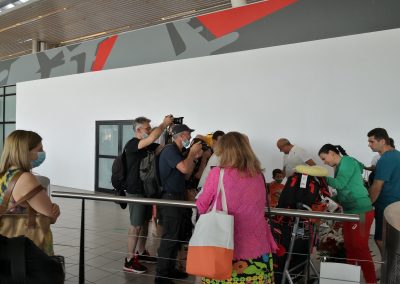

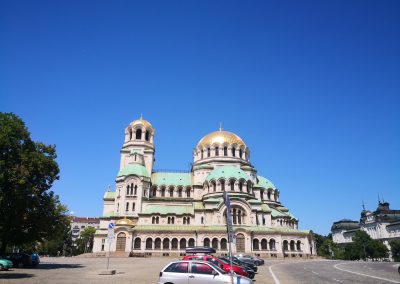
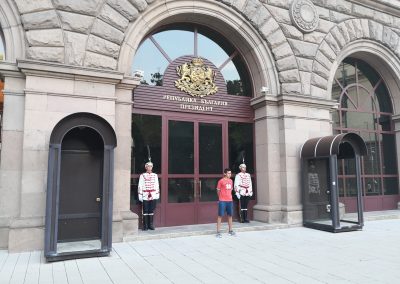

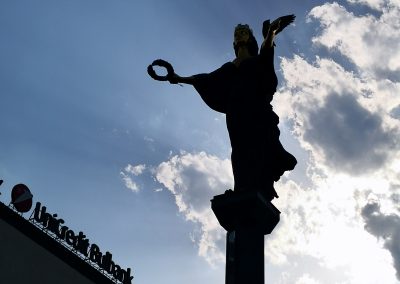
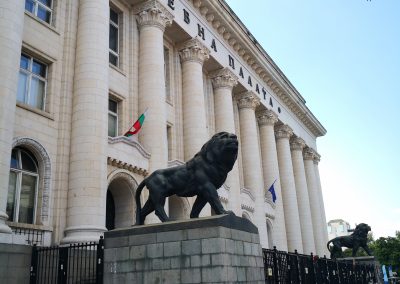
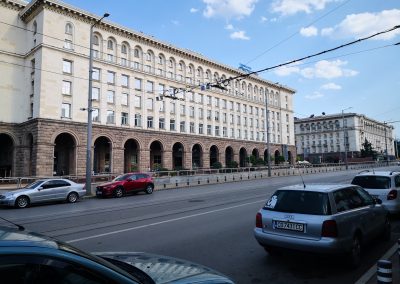

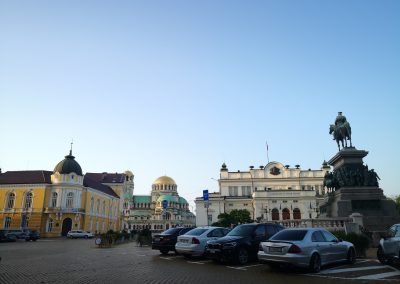
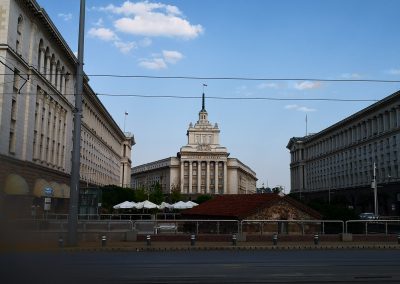
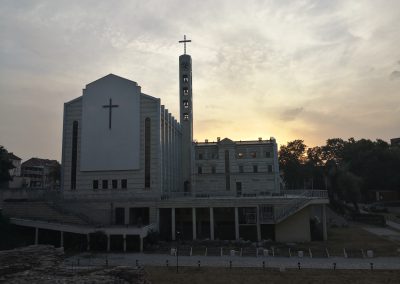
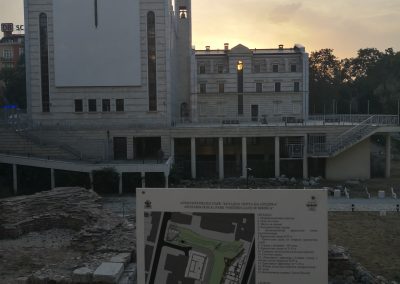
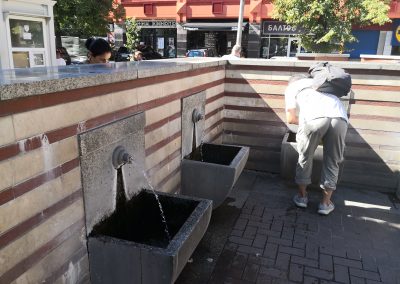
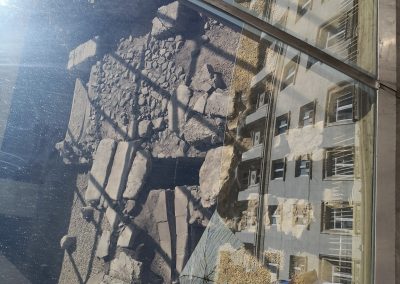
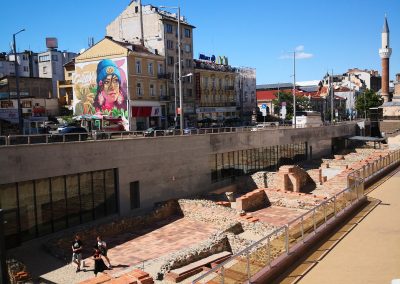
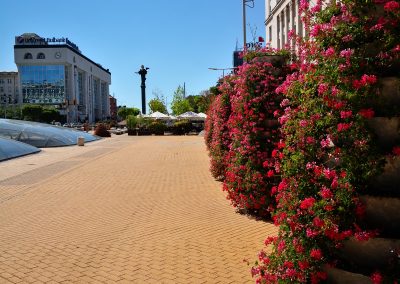
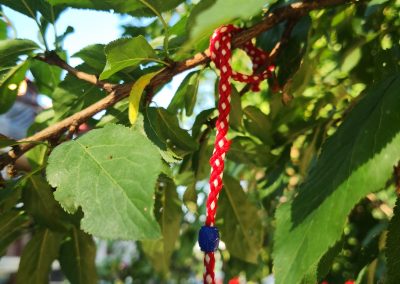
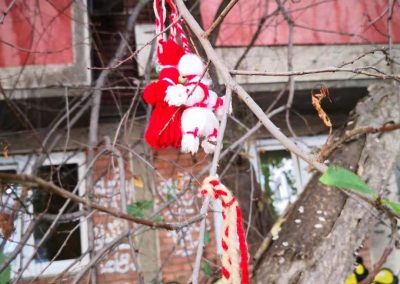

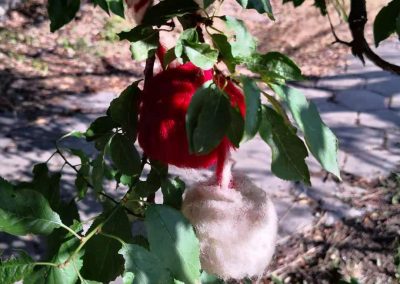

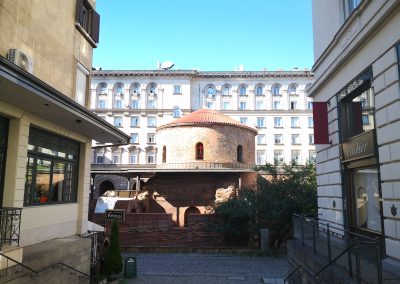


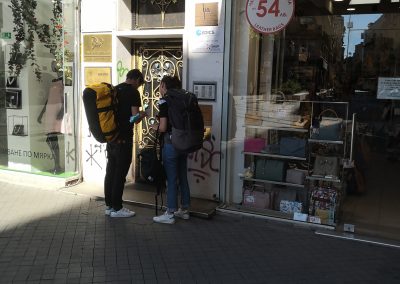


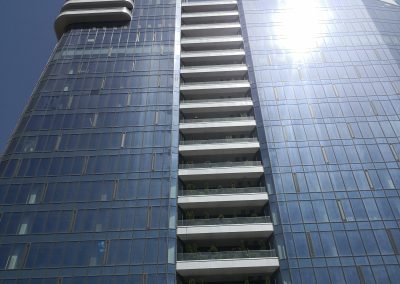
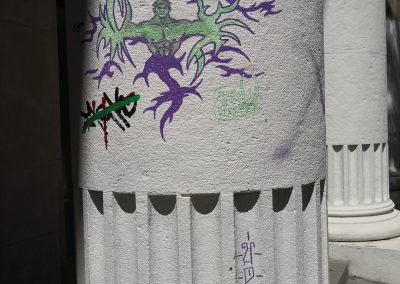
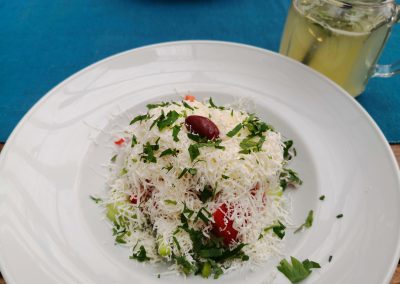

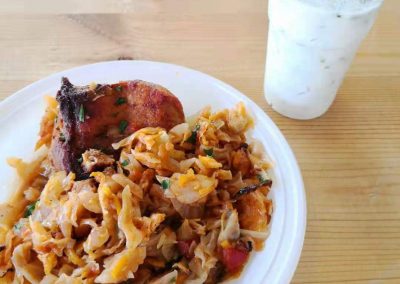
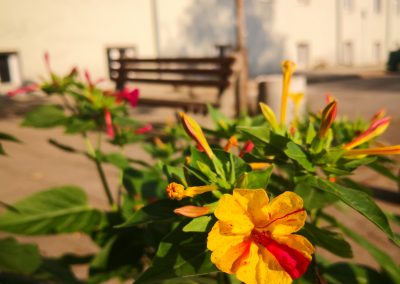

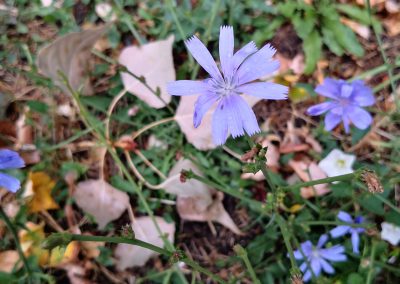



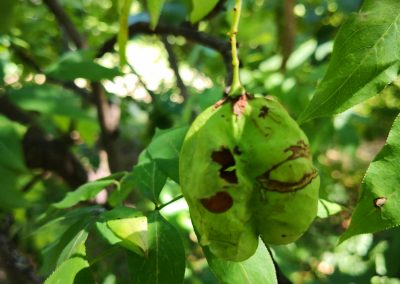


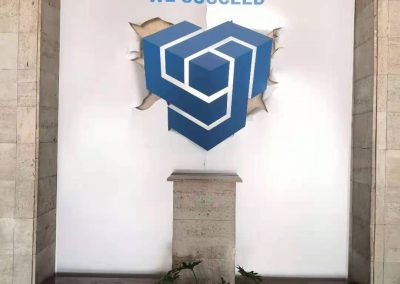
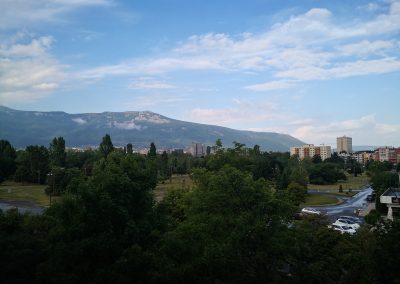

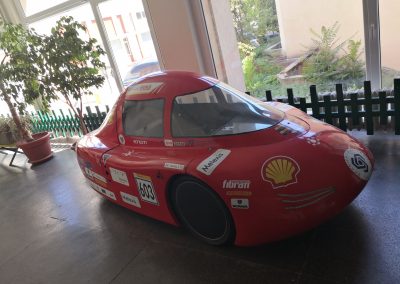
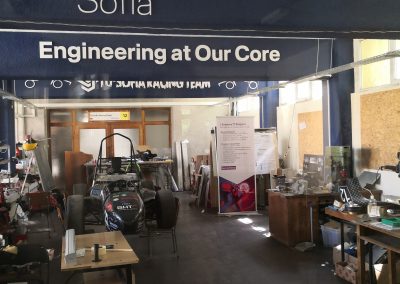

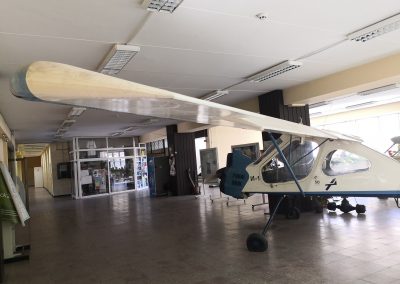
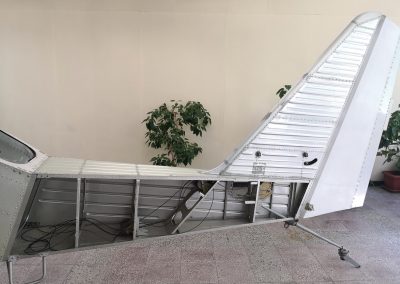
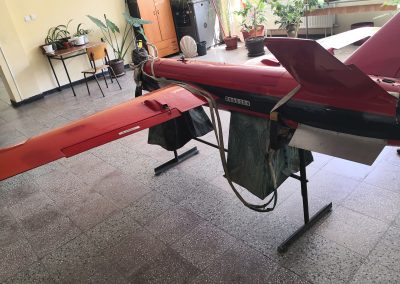
Dr. Yan, Thank you for sharing your journey with us. Such beautiful photos. I have enjoyed reading about your experiences so far and look forward to future posts.
Jessica, thanks for checking it out and I’m so glad to have you all to share this journey together!
The pictures are great. I hear there are some great museums there too. Eat some сарми for me.
Dr. Jack, you are absolutely right, there are many great places to visit, and we’ll go later. I have already had some сарми, that will be counted as for you then. :-p Thanks for helping me to get here!